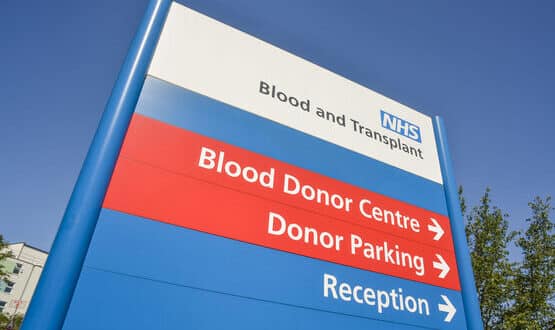Wandsworth abandons Cerner plans
- 21 May 2009
NHS Wandsworth has abandoned plans to install Cerner Millennium at Queen Mary’s Hospital, Roehampton, saying the system is not suited to modern community-based services.
The primary care trust said the change to its IT plans was due to repeated delays and concerns about security as well as the unsuitability of Millennium for federated Polyclinic models of care.
Board papers say there is no realistic prospect of Millennium, which was developed to be used in acute care settings, being suitable for Polyclinic modules.
Although no off-the-shelf alternative yet exists, the PCT says a suitable product is more likely to come from firms already offering shared primary and community systems.
NHS Wandsworth will now seek continued support over the next two years from iSoft for its existing Clinicom patient administration sytem, which is currently hosted for Queen’s Mary’s Hospital by Kingston Hospital NHS Trust.
It also says it will evaluate the systems being developed to support polyclinics by suppliers such as Emis and CSE-Servelec.
Queen Mary’s Hospital had been due to go live as part of the Kingston Hospital NHS Trust Cerner implementation, now due by September 2009. The hospital shares many services and staff, as well its iSoft PAS, with Kingston.
Kingston will be the first Cerner installation in London since acute implementations were halted by NHS London last October after serious problems emerged at Royal Free Hampstead NHS Trust. NHS London gave the all clear for work on to begin again in February.
The implementation across Kingston and Queen Mary’s Hospital, was to have been the last attempt by local service provider BT to install Cerner Millennium across more than one NHS organisation, using a ‘shared domain’ model.
In the latest revised London plan, this shared domain model has been abandoned, with the focus now on individual acute trust implementations.
The NHS Wandsworth board papers state that the additional cost of having its own instance of Cerner Millennium would be prohibitive.
The board papers state: “BT has estimated costs to separate in the region of £14m over seven years, which would need to be agreed by the Acute Programme Board.”
However, the board papers make it clear that NHS Wandsworth has taken its decision in the full knowledge that it is likely to involve additional local costs and that it will entail missing any chance to get a centrally-funded LSP system in the future.
“If it is not implemented now it is unlikely that Queen Mary’s Hospital will ever get another option, as the BT contact will be consumed with customising the local sites,” they say.
The board papers give a number of reasons for not proceeding with the implementation.
These include the high-profile problems with Cerner Millennium at Barts and the London NHS Trust and the Royal Free, “mainly due to problems with the solution/changes not met by BT.”
But they also argue that the policy and business context has changed: “In the two years since the project started, the strategic direction of Queen Mary’s Hospital has changed with a federated polyclinic model, APO [additional provider organisation]/externalisation, and the transfer of services from secondary to primary care key objectives of WPCT commissioning services.”
The board papers make it clear that the PCT does not believe Cerner Millennium can be applied in this new environment.
“Cerner Millennium is a system designed for acute hospital services. As a multi/cross care community hospital this does not suit a number of WPCT services at QMH (rehabilitation, minor injuries, therapy services), and furthermore, has been found difficult to use in outpatients.”
The paper goes on to note: “Cerner’s implementation has been problematic and [would] take significant local input to ensure safe local delivery.”




